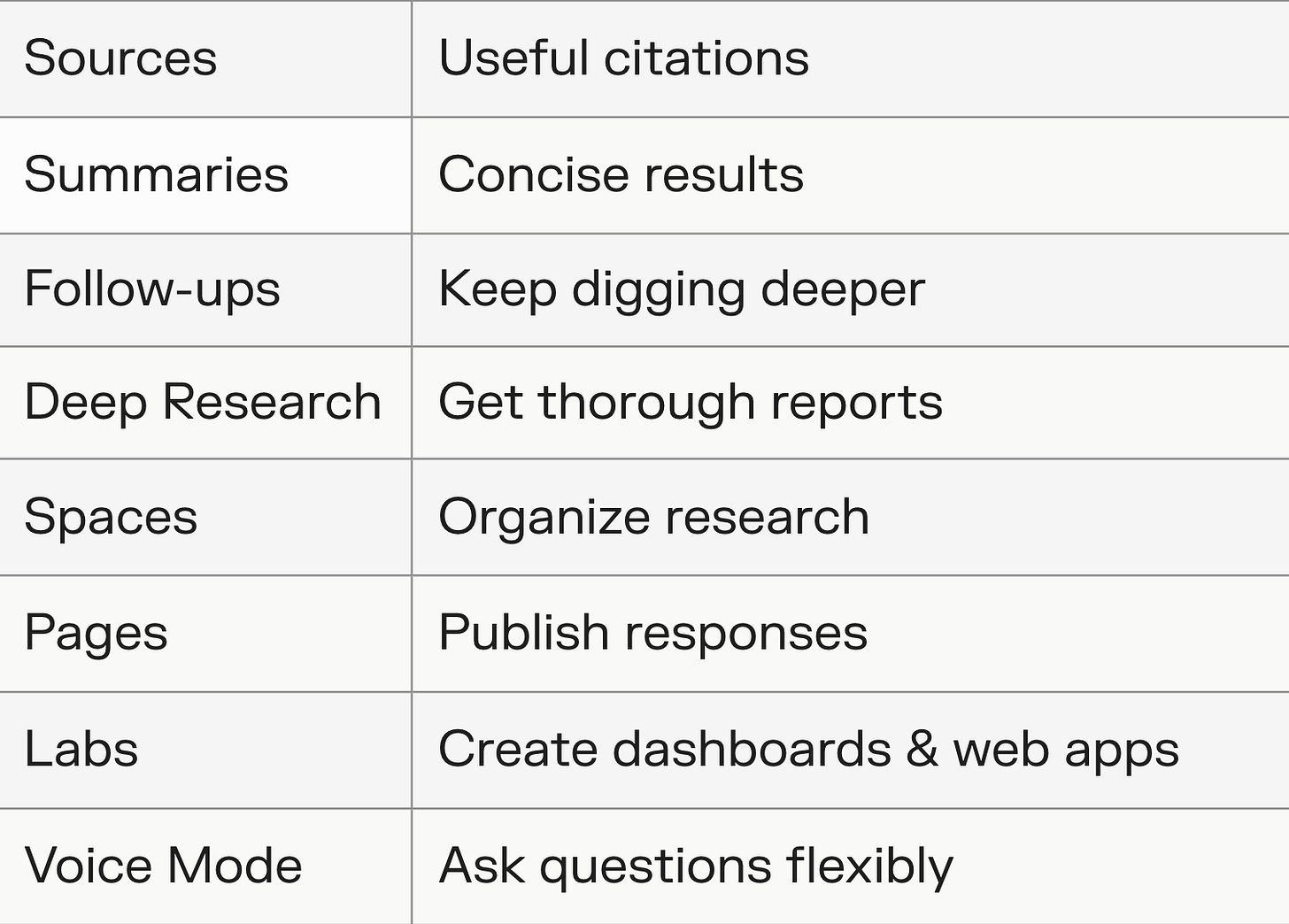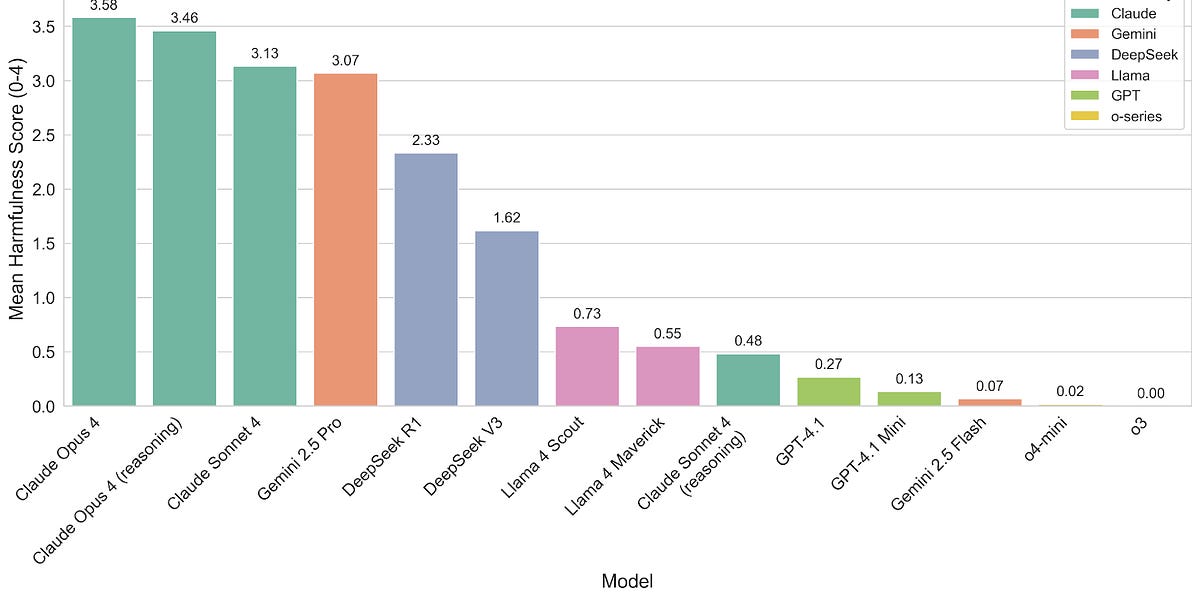Perplexity AI: New Features, Examples, & How and When to Use
has become my primary tool for search. I rely on it for concise summaries of complex topics. I like the way it synthesizes information and provides reliable citations for me to explore further.
I prefer Perplexity’s well-organized responses to Google’s laundry list of links, though I still use Google to find specific sites & addresses and for other “micro-searches.”
Perplexity’s not perfect. I’ve rarely seen it hallucinate, but it can pick dubious sources or misinterpret your question. As with any tool that uses AI, the wording of your query impacts your result. Write detailed queries and specify preferred sources when you can. Double-check critical data or facts.
Google’s new AI Mode is a strong new competitor, and ChatGPT, Claude and others now offer AI-powered search, but I still rely on Perplexity for reasons detailed below. This post updates my previous post with new features, examples, and tips.
Visualizing data just got easier. With , you get instant chart suggestions tailored to your dataset. Whether you’re a beginner or a pro, now you can do it all— and even add them to any of your Canva designs. Simple, stunning, and story-ready.
Note: paid subscribers to Wonder Tools can get a year of Perplexity Pro for free.
To protect your privacy when using Perplexity, capitalize on the following:
Superb for academic queries. Search 200 million peer-reviewed research papers and get a summary and links to publications. Useful for scientific or other research questions, e.g. active vs. passive learning or how cash transfers impact poverty. PricingFree for unlimited searches and limited premium use; $9/month billed annually for full AI capabilities.
Turn on the “Search the Web” option under the tools menu when using ChatGPT to enable Web searching. Search chats include inline links with sources. For example, here’s a ChatGPT Web search query about Perplexity vs. other AI search tools. It includes a helpful ChatGPT-generated chart. As differentiators I like Perplexity’s summaries, suggested follow-up queries, Labs, and the handy Voice Mode for quick questions.
My brief note on other alternatives, such as Liner and Elicit.












